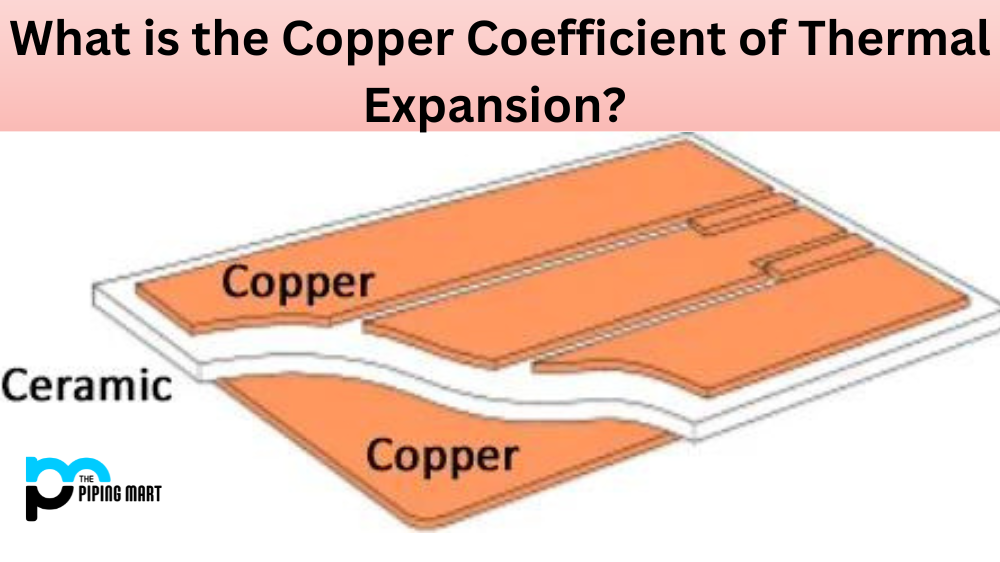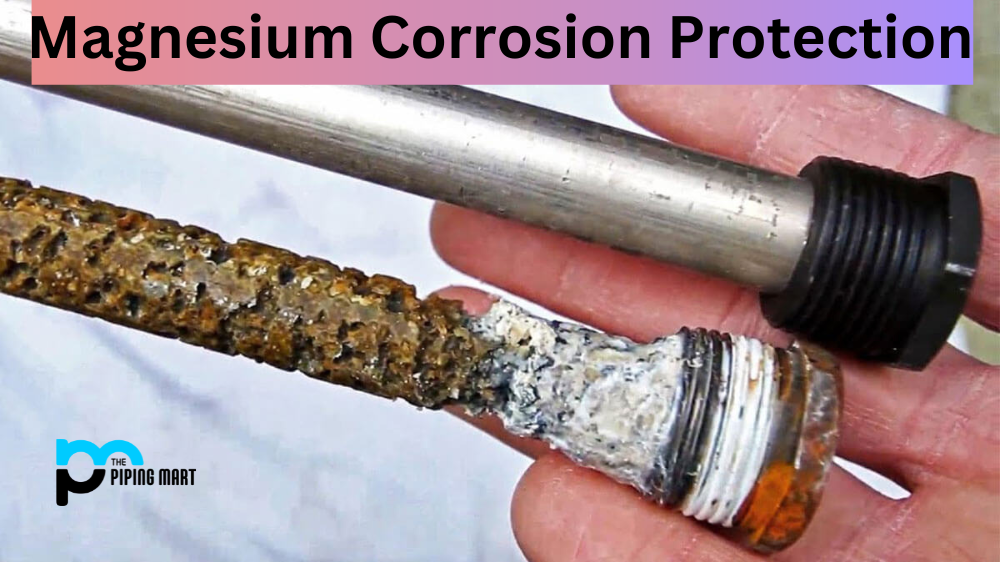Have you ever heard of the copper coefficient of thermal expansion? It is a key physical property of copper and other metals that can be used to understand how materials will respond when exposed to changes in temperature. This blog post will provide an overview of the copper coefficient of thermal expansion and why it’s important for engineers, architects, and other professionals in the construction industry.
The copper coefficient of thermal expansion (CTE) measures how much a material will change in size as its temperature increases or decreases. For instance, metals tend to expand when heated and contract when cooled. This phenomenon is known as thermal expansion. The CTE provides a numerical value that describes how much a particular metal, like copper, will expand or contract when exposed to changes in temperature.
The CTE is measured in units called parts per million per degree Celsius (ppm/°C). It’s important to note that different materials have different coefficients of thermal expansion; for example, aluminum has a CTE of 24 ppm/°C while steel has a CTE of 12 ppm/°C. This means aluminum will expand at twice the rate of steel if they are both exposed to the same heat. Knowing this information can help engineers design efficient structures that can withstand extreme temperatures without warping or cracking.
When it comes to copper specifically, it has an average CTE value between 17-17.5 ppm/°C depending on its composition and purity level. Even though this range may seem small compared to other metals, it still plays an important role during construction projects where precision is essential for achieving desired results and avoiding costly mistakes. For instance, when designing pipe systems or building frames out of copper tubing, engineers must take into account the material’s thermal expansion properties so that their designs won’t be compromised over time due to fluctuating temperatures.
Conclusion
The copper coefficient of thermal expansion (CTE) is an important physical property for understanding how materials like copper respond to changing temperatures. Its value varies depending on the type and purity level but generally lies between 17-17.5 ppm/°C for pure copper alloys used in industrial applications such as piping systems or building frames. That said, knowing this information can help engineers build efficient structures that won’t warp or crack due to extremes in temperature over time. Understanding the CTE helps ensure accuracy and reliability during construction projects where precision matters most!

Meet Bhavesh, a seasoned blogger with a wealth of knowledge and experience. From metal products manufacturing to retail, Bhavesh has a diverse background in various industries and is dedicated to sharing his insights and expertise with readers.



